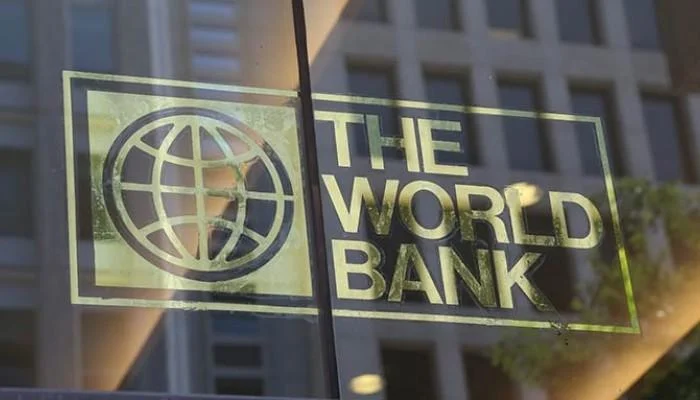The World Bank announced on January 8, 2020, that global economic growth is expected to rise to 2.5% in 2020, up from 2019’s weaker performance, driven by a gradual recovery in investment and trade.
Emerging market and developing economies are projected to accelerate to 4.1% growth, though this rebound relies on improved performance from a small group of large economies recovering from significant weakness.
However, about one-third of these economies are expected to decelerate due to subdued exports and investment.
Challenges for Advanced Economies
Growth in advanced economies is forecasted to slow to 1.4% in 2020, primarily due to persistent manufacturing sector weakness.
The World Bank highlighted that while global conditions show signs of stabilization, downward risks, such as trade tensions and policy uncertainties, remain significant.
Policy Recommendations
The World Bank emphasized the need for structural reforms to sustain growth and reduce poverty in emerging and developing economies.
“Policy makers should seize the opportunity to undertake structural reforms that boost broad-based growth,” the statement noted, recommending improvements in business climates, rule of law, debt management, and productivity to achieve long-term economic stability.
Implications for Development
With growth in many emerging economies remaining sluggish, the World Bank underscored that sustained reforms are critical for poverty reduction.
The projected uptick offers a window to implement policies that enhance economic resilience and inclusivity, particularly in economies facing export and investment challenges.






